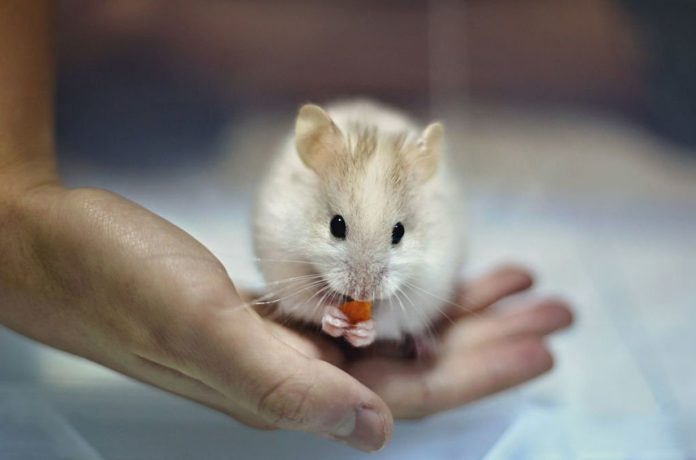New research shows that stress makes mice sleep in a way that relieves their anxiety. It also shows how this happens.
Since all mammals experience sleep similarly, it is likely that the same process is activated in human brains. Finding out how it works could lead to ways to boost its effects artificially, which could help treat stress disorders like PTSD.
Although we frequently believe that stress keeps us up at night, some strains actually seem to help us fall asleep. Researchers at Imperial College London and Chinese institutes have now found the mechanism underlying how this occurs in mouse brains.
In addition to establishing how sleep is induced, they observed that the mice’s sleep seemed to reduce their anxiety levels the following day. The journal Science has published the findings today.
All mammals, including humans, experience two primary forms of sleep: REM (rapid eye movement, during which we frequently daydream) and non-REM (NREM; deeper, dreamless sleep). Less REM sleep is common in PTSD patients, which supports the idea that REM sleep aids in the processing of challenging emotions and stress.
“Our results add weight to the idea that REM sleep helps us cope with stress,” said study leader Professor Bill Wisden of the Department of Life Sciences at Imperial. “However, we previously only knew about ways REM sleep is reduced, such as some drugs that suppress it.”
“Now, our study has revealed a mechanism by which REM sleep is induced, paving the way for drugs or other interventions that target the right neurons and boost the stress-busting power of sleep.”
The researchers gave mice a type of stress called “social defeat,” which is used as a model for bullying in humans. After exposing mice to especially aggressive mice (without causing them any physical injury), researchers saw that their blood levels of the stress chemicals “flight or fight” increased.
Then, while the mice slept, scientists monitored the activity of their neurons (brain cells). This demonstrated a particular group of neurons that recognized and responded to the levels of the stress hormone and brought about high-quality REM and NREM sleep.
For around five hours of sleep, these neurons continued to be active and levels of NREM and REM sleep were high. During this time, they also transmitted messages to other neurons that control the release of stress hormones, preventing them from doing so.
Thus, in addition to detecting stress and causing sleep as a result, the newly discovered neurons also caused the levels of stress chemicals to drop.
To determine how the sleep had changed the mice’s stress behaviors, the researchers examined their anxiety reaction after the mice had come to consciousness. They did this by counting the amount of time the mice spent in the light as opposed to going in search of darkness because nervous mice prefer to work more.
Their responses were compared to those of stressed mice that either didn’t get enough sleep (by being given objects to play with) or had their newly discovered neurons damaged, which meant they didn’t get the restful sleep that normal mice did.
The mice who did not receive the stress-induced sleep spent a lot longer time in the dark, which showed that they were more worried and that their levels of the stress hormone remained high.
The team now hopes to figure out a way to selectively target the relevant neurons to increase their beneficial effects during sleep after discovering this novel mechanism.
Image Credit: Getty
You were reading: Scientists Find A Unique Brain Circuit That Causes Anxiety-reducing Sleep In Mice
